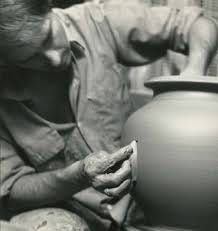Why do we exist?
Aristotle thinks it’s to be good, to flourish, whatever that might mean.
Moralists think it’s to pursue justice and make the world better.
Kabbalists think it’s to repair God.
Hegelians and rationalists think it’s to have absolute knowledge.
People who believe in karma and past lives think it’s to learn lessons and correct past mistakes.
Mat…
Keep reading with a 7-day free trial
Subscribe to What Is Called Thinking? to keep reading this post and get 7 days of free access to the full post archives.



